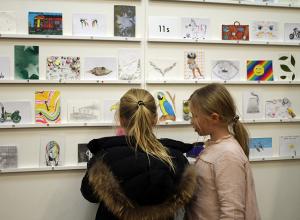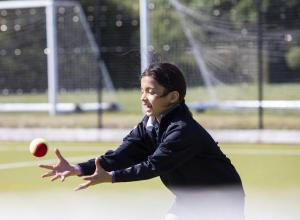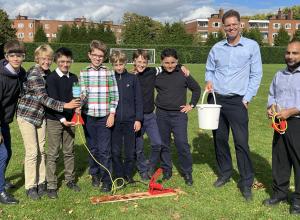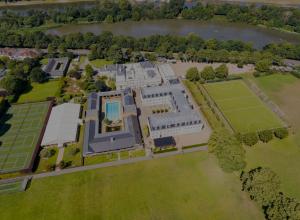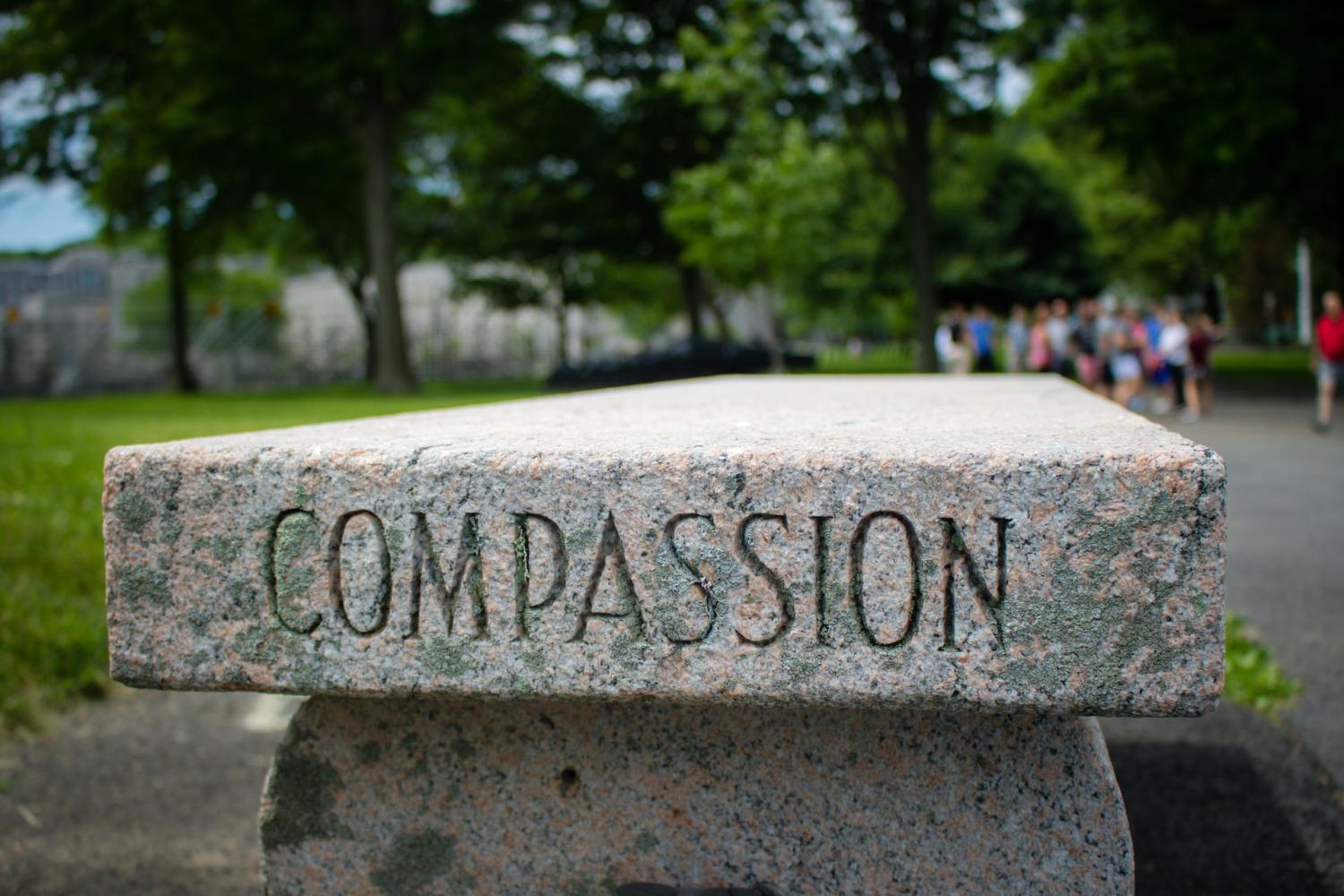
Credit: Dave Lowe, Unsplash
Compassion means taking a conscious decision to educate ourselves about others' experiences and feelings. And that is an important step we want to help our pupils to try and take, argues Andy Woodward.
There is a conflict going on at present within a region that is bitterly divided. Fighting began earlier this year, and has already displaced millions and killed thousands. Initial surprise attacks have been met with sustained air strikes. This war draws on years of war before it, producing numerous refugees as it continues. Sadly, it is hard to see a clear way to peace.
This conflict is happening in Sudan.
Now you can see what I did there. And in doing it I don’t mean, in any way, to minimise those other conflicts that are currently and tragically occurring. However, everything I wrote above is true… yet that miserable situation is generally missing from our headlines; there is no outrage generated online, and no one has been marching for the Sudanese displaced and dead.
Sometimes it seems there is only so much sympathy to go round.
Andy Woodward, Head of Senior School
In truth, compassion takes a considerable effort. We might like to imagine that we overflow with empathy for all who suffer but… in truth, we may find we have a finite supply.
It is inevitable that we feel our own discomfort intensely… and we can be as deeply upset by that suffering experienced by our friends, family and, perhaps, by those we see as ‘us’. But, beyond that… the sad truth is that human evolution, geared as it is to self-survival or the thriving of our tribe (often by necessity at the expense of others), does not always require that we feel that same ache when pain is being felt by those we don’t personally know or relate to. To truly feel for others means taking a conscious decision to reflect, imagine, and educate ourselves about their experiences and feelings. And that is an important step we want to help our pupils to try and take.
Compassion was always going to be our key pillar this half term, fitting in with a season that brings (deep breath): our 14s/15s fundraising drive for Refuge, the start of our 13s Youth Philanthropy scheme, our Tanzania Mufti Day, the Remembrance poppy campaign, our Christmas jumper wearing for Save The Children, and various 6th Form events raising money for Choose Love. And I’m sure I’ve missed some. While it is wrong to generalise, and we know that some Harrodians face genuine struggles, it is fair to say that most of us here enjoy the privilege of life inside a relative bubble of comfort. At the very least, we know the benefits of peace and the absence of falling bombs. That is a good thing, to be cherished. But with it comes the obligation to realise that many, with just the same needs, hopes and feelings as us, must live and survive far outside of that bubble. Indeed, that even our own bubble may not last for ever. These were ideas we always intended to drive home at this time of year.
Most of us here enjoy the privilege of life inside a relative bubble of comfort... With it comes the obligation to realise that many with the same needs must live and survive outside the bubble
But this term we have in fact needed Compassion more than ever. Compassion for those in Israel and in Gaza. Ongoing compassion for those fighting through another winter in Ukraine. Yes, for those in Sudan or Somalia or anywhere else where peace seems far distant. For many in our school, this has been a time where awareness of war has been unavoidable. And there is some grim value in that. Because it’s certainly unavoidable for others who live out those situations; for those in uniform but also for civilians who never picked the fight or enlisted to join it. The different strains of exams, friendships or social media are real and valid, but they should be contextualised by remembering that other young people are living the greater pressure of not knowing even if they and their loved ones will live through the night.
Compassion means sympathy and sadness for the suffering and misfortune of others, whoever and wherever they may be, on whatever side. It should impact our behaviour… inducing action where we can give to those in need, or support those who are in any way impacted. But compassion is also an active opposite – to apathy and ignorance, and more so to the hatred and scorn that we can all turn to instead. It can give pause for thought when the echo chambers of social media try to force us quickly into angry one-eyed positions. Or when wider tolerance seems to be lacking for those who try to access a share of that stability we enjoy; fleeing on small boats from unsafe situations that we can barely comprehend. The intentional pursuit of compassion might even help young people step aside from the worsening Islamophobia or anti-Semitism currently evident in this 21st Century zeitgeist of extremes.
Compassion is an active opposite – to apathy and ignorance, and more so to the hatred and scorn that we can all turn to instead.
To be clear, compassion is not intended to discourage the forming of opinions. Well-informed opinions, passionate opinions even, are the lifeblood of school – the conclusion of any well-written essay - and we want people to reach them. But still they should not rule out respect and empathy for the person who may feel otherwise, and may have reached a different verdict. A world able to accept a range of such opinions would be one where fewer shots might be fired between those in opposition, shots either metaphorical or only too real.
To return to where we began… There are indeed conflicts happening at present; on battlefields, around people’s homes and schools, on social media. In a world that feels angry this Christmas, we want to educate our pupils with knowledge, but also with the compassion that might help them deploy and process that knowledge with kindness.
The hope, always, is that they might grow to be part of the solution, not part of the problem.

Andy Woodward is Head of Harrodian Senior School. He welcomes feedback to this blog at website@harrodian.com

